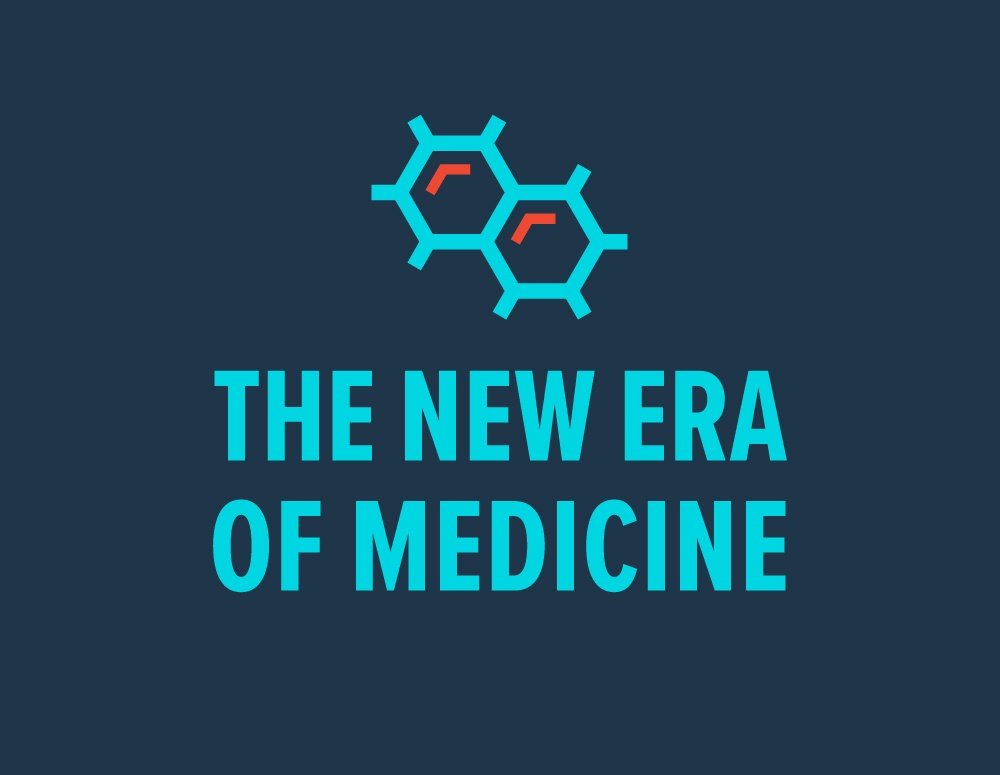The rapid pace of scientific advances has helped usher in a new era of medicine for cancer patients over the last decade. This morning, the National Institutes of Health (NIH) took a significant step in advancing this new era by partnering with PhRMA and nine of its member companies to create the Partnership for Accelerating Cancer Therapies (PACT), a five-year research collaboration totaling $215 million as part of the Cancer Moonshot initiative. This public-private partnership will be managed by the Foundation for the National Institutes of Health.
Research into the role of the body’s immune system in fighting cancer has yielded some of the most exciting scientific advances, resulting in a new wave of immunotherapies that specifically target cancers. As PhRMA reported in June, there are currently more than 240 immuno-oncology medicines and vaccines in development to help treat cancer.
PACT’s initial focus will be to identify, develop and validate robust biomarkers – a measure of a biological function – to better understand how immuno-oncology therapies work and predict patients’ responses to this treatment.
PACT represents a signficant step in demonstrating the importance of ongoing collaboration between biopharmaceutical companies and public health institutions to facilitate better research and new treatments for patients. The partnership is part of a change in biopharmaceutical research, as stakeholders across the R&D ecosystem are increasingly coming together to tackle sciences’ most vexing health challenges.
PhRMA is proud to support PACT and is hopeful that bringing together scientists and researchers from the public and private sectors will provide solutions to some of the most difficult problems in the fight against cancer.



